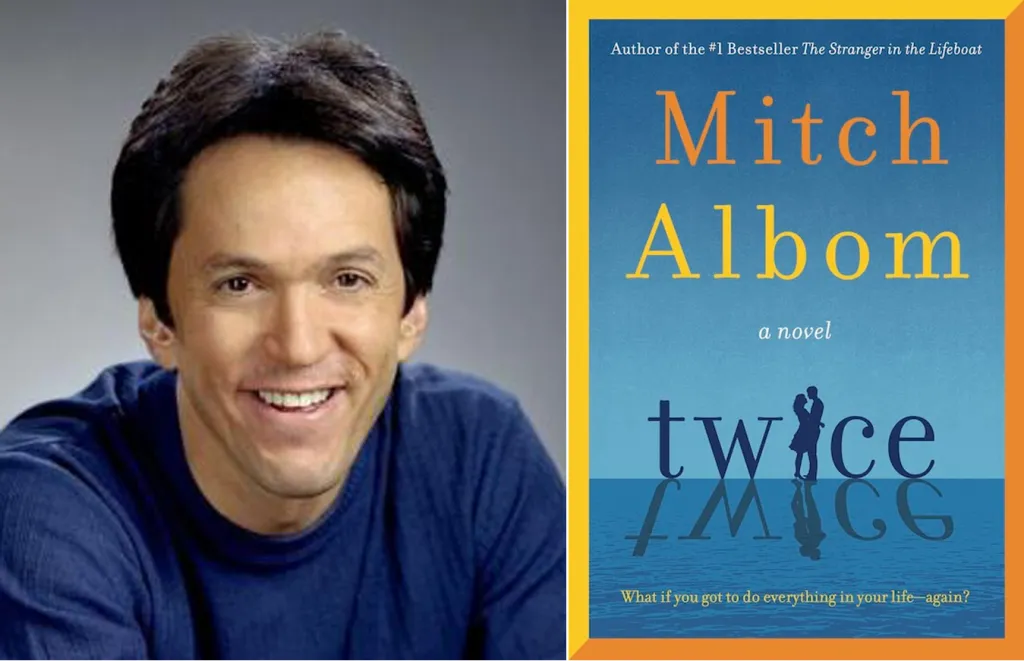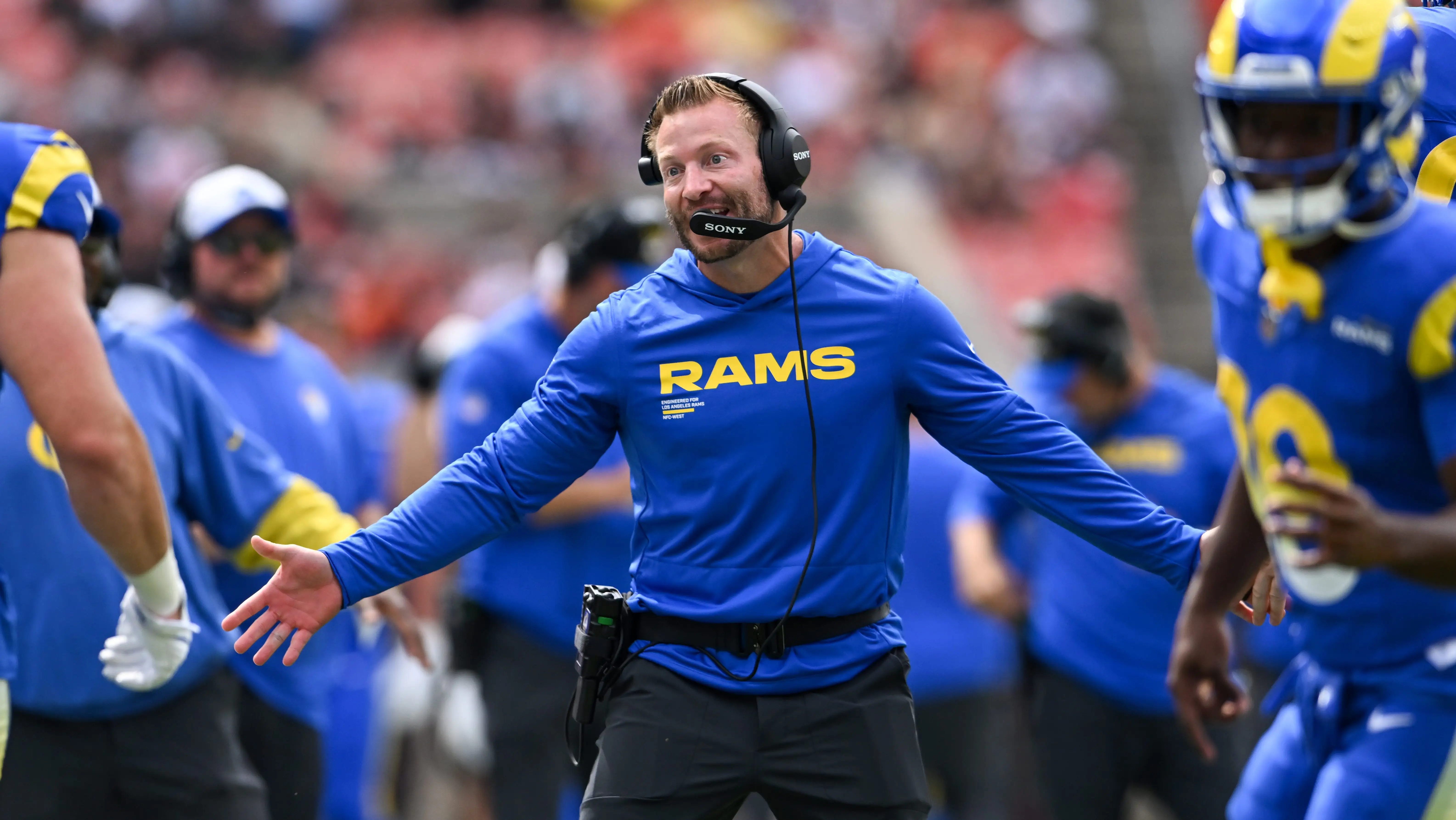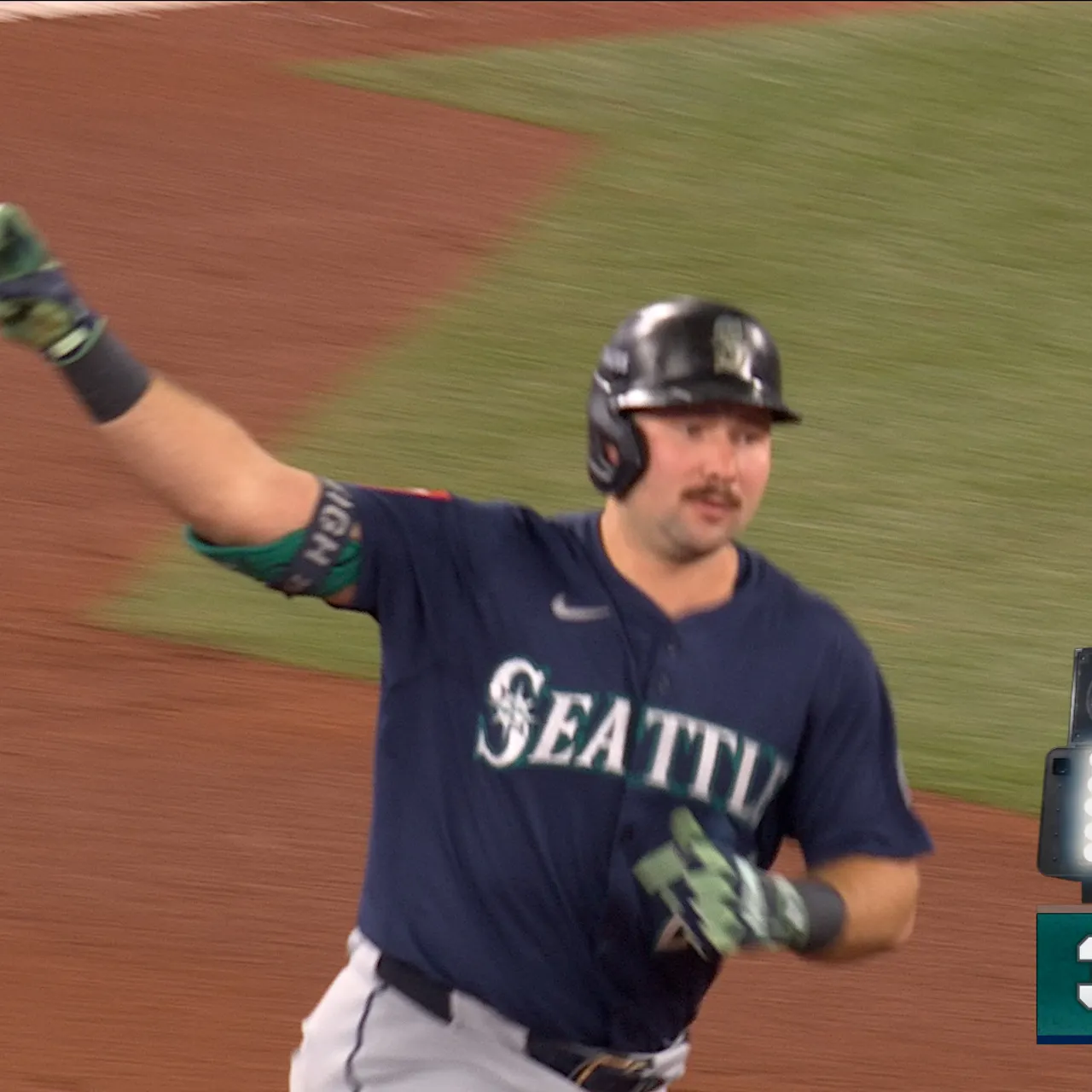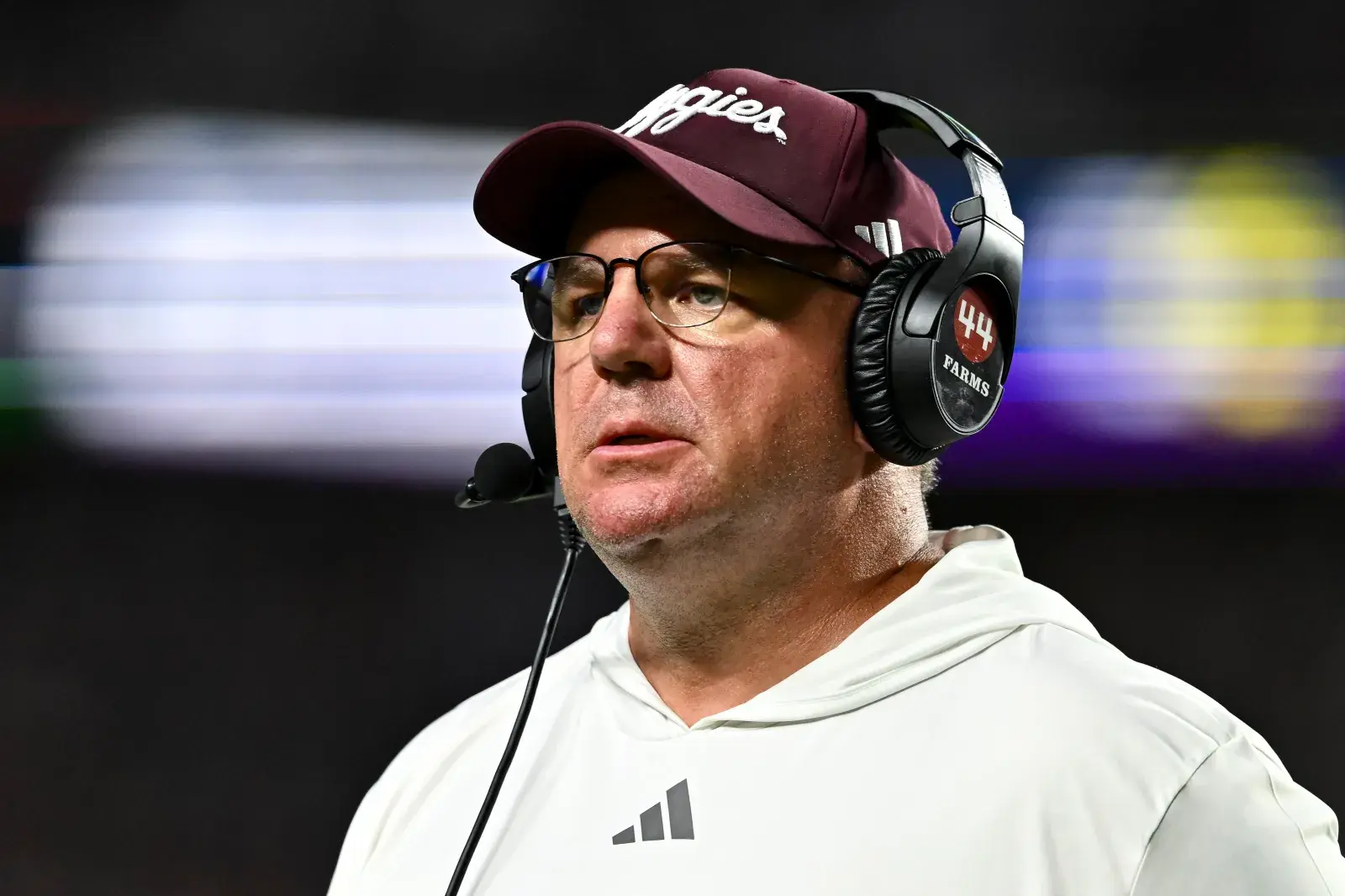Copyright San Diego Union-Tribune

There’s a saying in journalism circles that warns writers to avoid interviewing their heroes. It usually refers to interviewing athletes, musicians, actors, politicians, and there is some wisdom behind that caution. We put people on pedestals, and then when we meet them, get past the public relations persona, and see what’s real behind the facade, we’re often disappointed. Sometimes even repulsed. It’s a risk I’ve been taking for 30 years when I host great writers at the Writer’s Symposium By The Sea. One of the biggest risks was this past February when I invited Mitch Albom to the symposium. I had read his sports coverage for years. It didn’t matter what he was writing about. If he wrote it, I wanted to read it. If you want to know what former Aztecs basketball coach Steve Fisher was like before coming to San Diego, read Albom’s book “Fab Five” about Fisher’s team in Michigan. If you want to think creatively about what happens after we die, read his “The Five People You Meet In Heaven.” I used Albom’s book “Tuesdays With Morrie” in writing classes. Whenever he published a new book I read it immediately, and always felt connected to something deeper. Both his novels and his nonfiction move me. They till the soil in my heart that makes me more vulnerable, if only for the moment I am reading. It sounds sappy, I know, but I feel more loving after I have read something by Mitch Albom. He is one of my writing heroes. When he came to our symposium, he gave a writing workshop to our students, let me interview him in front of about 1,000 people, and played the piano — an arrangement of “Somewhere Over the Rainbow” that he came up with on the spot — to finish off the evening. Not only was I not disappointed, I was overwhelmed. Backstage, after the interview, he said, “That was really fun. How about I come back in the fall when my new book comes out?” Of course the answer was yes. He’ll be with us again on Monday. The novel is called “Twice,” and it deals with a question most of us have asked: What if I got to do something over again? What if I got to change a bad decision, avoid a bad outcome, skip the pain? How would that play out? The main character in “Twice” has the ability to have a do-over. But he can’t change the outcome of the second chance. He’s stuck with it. And he says what we know is true: “Some of the biggest things in life happen over the smallest turns in the day.” Mitch will talk about this new book when he’s here, but here is a preview to that conversation that I did with him via e-mail. Q: How long have you been thinking about the topic of a do-over? It seems like it’s a wish everyone has expressed at some point, even from childhood. A: I tend to pick themes from my books, and then create a story around them. I’ve known for a while that I wanted to do something on the theme “the grass is always greener.’’ It’s my experience that this really isn’t true very often. Q: You live in a very real world where there are specific outcomes to specific events, whether it’s in your sports coverage or your involvement with the orphanage that your charity operates in Haiti. But your books often have a dimension of magic in them. When you write these novels that involve magic, is it a way for you to step away from reality? A: Well, I think magic is a lot about “what if?“ What if I could be invisible? What if I could transport myself someplace else? So when I bring magic into my books, I’m really giving the readers a chance to explore what if I had this power or that power, what would I do with it? It’s actually a way to explore reality rather than run away from it, but to do so through the lens of a different perspective. Q: Twice is both a story about love and a story about consequences. Is there something in your own experience that is at the root of this story? A: I want to write about love in particular. I’ve written books about forgiveness, redemption, belief, truth. It felt like it was time to address the topic of love, and how precious and unique it is. That’s the reason that my character Alfie discovers that his ability to do everything in life twice doesn’t work with love. Because love really is a singular thing with somebody. Q: How does the release of this book compare to the feeling you have had when other books of yours have come out? A: About the same. I always get nervous. I always wonder if the topic I’ve chosen is something that will engage the readers and how much they will embrace the story. I wish after all this time I’d stop worrying about it, but that hasn’t happened. Q: What do you want readers to experience when they read this book? A: First, I want them to go on a journey with Alfie and enjoy the power that comes with fixing your mistakes and getting second chances at everything. But ultimately, I want them to learn, as Alfie does, that getting two chances at everything doesn’t always mean the second time will be better. And if we kept getting second chances, we really wouldn’t learn anything. The moral of the story, in the end, is that you don’t need a magical power to fix the things that you’ve done. We all get that second chance. It’s called the next minute of your life. And everything you’ve learned to that moment, including all the mistakes, shapes your decisions and your actions going forward. Mitch Albom in San Diego again in 2025. Yes —Twice. Dean Nelson is the founder and director of the journalism program at Point Loma Nazarene University, and the founder and host of the annual Writer’s Symposium By The Sea. He has two books coming out in November based on his interviews with writers, Talking To Writers: The Craft of Fiction, and Talking To Writers: The Craft of Nonfiction, published by Bloomsbury. “Twice” by Mitch Albom (Harper, 2025; 362 pages) Warwick’s and Writer’s Symposium By the Sea present Mitch Albom When: 7 p.m. Monday Where: Brown Chapel, Point Loma Nazarene University, 3900 Lomaland Drive, San Diego Tickets: $51.98-$158.49



